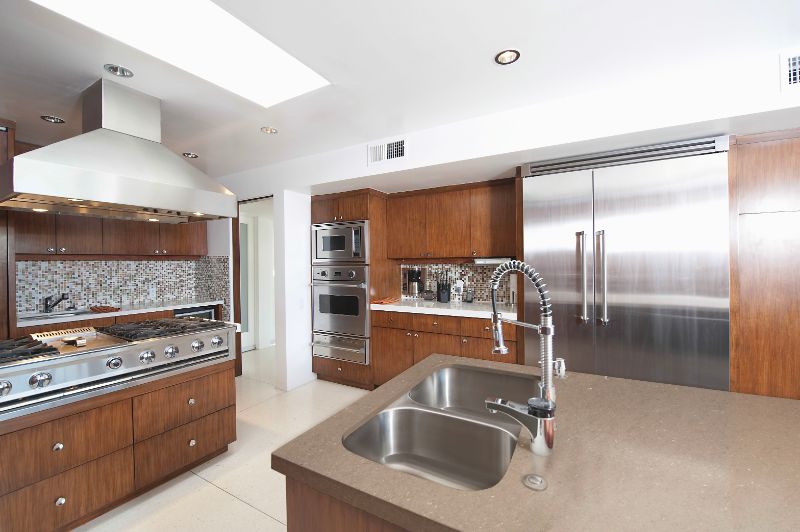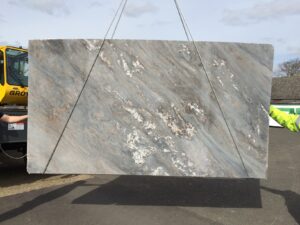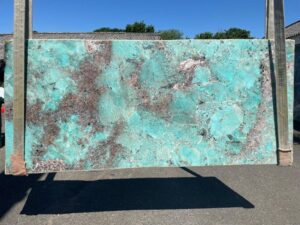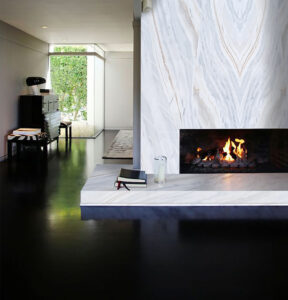Silestone Worktops: All you Need to Know
If you’re searching for an integrated look for your home or business, then an engineered stone is an excellent choice. Silestone is a processed or engineered stone made primarily of quartz. As a processed stone, it can be formed into a wider range of shapes, meaning that Silestone worktops with integrated sinks are common as are Silestone shower trays.
Unlike natural stone, Silestone is available in three different textures, as well as a wide range of colours. The highly polished look, provides the classic option but many people find that the soft ‘Suede’ texture or the rugged ‘Volcano’ texture provides a look and feel that better suits their home. With an extensive range of colours and finishes, it’s easy to find the perfect Silestone worktop, bathroom or floor for your home.
What is Silestone?
Silestone is an engineered stone made from 94% natural quartz stone. Quartz particles are bonded together using a resin. This is infused with silver ions which give the Silestone a bacteriostatic protection. Silestone has all the required certifications to ensure that it meets health and safety standards. It has been certified safe to use with all food products, making it a good choice for family kitchens. The makers of Silestone are so confident that they offer a high quality product that they offer a 15 year warranty on many installations.
Advantages of Silestone worktops
Domestic interior design tends to use stone primarily in the kitchen or bathroom. Silestone worktops have a number of advantages including:
- Bacteriostatic protection
- Wipe clean
- Most household materials do not stain
- Acid resistant
- Hard and durable
- Unlikely to scratch, chip or crack
- Over 60 colours to choose from
- 3 distinct textures
- Made of natural quartz
Bacteriostatic Protection
Unlike natural stones, Silestone contains silver ions that give it unique bacteriostatic properties. The silver ions interact with bacteria, impacting their ability to multiply. This means that after several hours, there will be fewer bacteria on piece of Silestone than an equivalent block of marble. This gives a Silestone worktop additional hygienic properties and makes Silestone particularly suitable for food preparation and bathroom areas. Silestone has also been thoroughly tested both by the company itself and international certification agencies. It has been deemed suitable for food preparation of all kinds.
Other uses for Silestone
With colours and textures ranging from classic white marble inspired pieces to pillar box red, Silestone is an interior design star in both the domestic and commercial spheres. The brighter, more vivid colours are popular design statements for trendy bars and restaurants while the more elegant and natural looking stones make a feature of even the most mundane item. Silestone worktops are popular, as are floors, tables and bathrooms. As a processed stone, unusual shapes, lightweight stone tiles and long lasting floors are all possible. With Silestone, your imagination is the limit.





